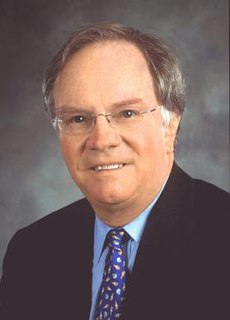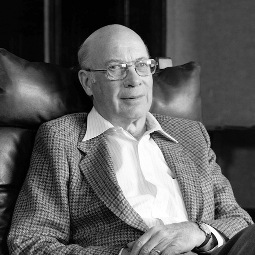A Quote by Daniel Yergin
But the key thing is that Iraq, while it's got very large oil reserves, has marginalized itself as an oil exporter and these days its exports are only about one tenth that of neighboring Saudi Arabia.
Related Quotes
Saudi Arabian oil production is at or very near its peak sustainable volume (if it did not, in fact peak almost 25 years ago), and is likely to go into decline in the very foreseeable future. There is only a small probability that Saudi Arabia will ever deliver the quantities of petroleum that are assigned to it in all the major forecasts of world oil production and consumption.
There was a docudrama that was made, called 'The Death Of A Princess,' which was about a true story in Saudi Arabia. It was about a public execution for adultery. And when the movie was aired on British television, the Saudi government threatened to cut off oil exports and to cut off diplomatic relations.
Regardless of how you feel about peak oil or global warming, the increased use of natural gas is a positive thing because it is being found at a rate that is faster than that of new oil reserves, it is relatively abundant, and our reserves are longer lived than our oil reserves... It does not get the kind of attention it deserves.
Allowing an independent and sovereign Iraq could be a nightmare for the United States. It would mean that it would be Shi'ite-dominated, at least if it's minimally democratic. It would continue to improve relations with Iran, just what the United States doesn't want to see. And beyond that, right across the border in Saudi Arabia where most of Saudi oil is, there happens to be a large Shi'ite population, probably a majority.
Venezuela has the biggest oil reserves in the world. And the biggest gas reserves in this hemisphere, the eighth in the world. Venezuela was a U.S. oil colony. All of our oil was going up to the north, and the gas was being used by the U.S. and not by us. Now we are diversifying. Our oil is helping the poor.
Americans once believed that their prosperity and way of life depended on having assured access to Persian Gulf oil. Today, that is no longer the case. The United States is once more an oil exporter. Available and accessible reserves of oil and natural gas in North America are far greater than was once believed. Yet the assumption that the Persian Gulf still qualifies as crucial to American national security persists in Washington. Why?


































